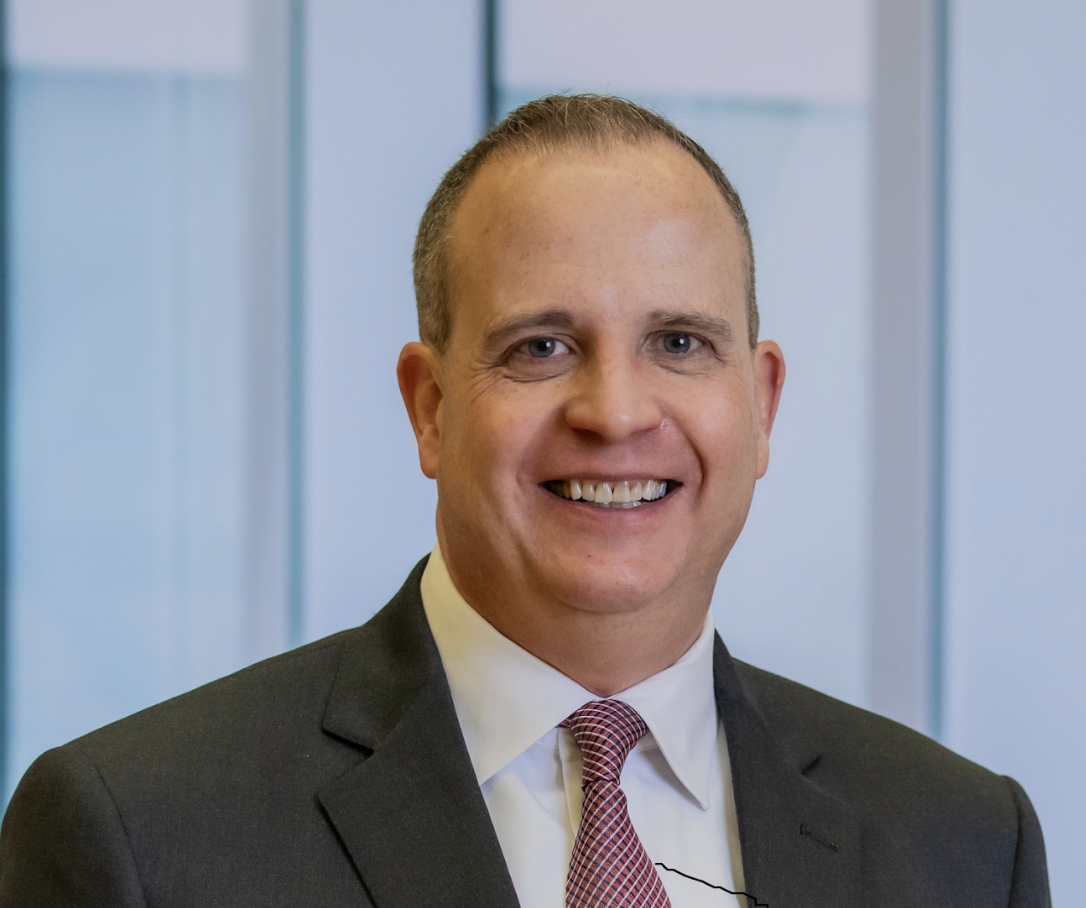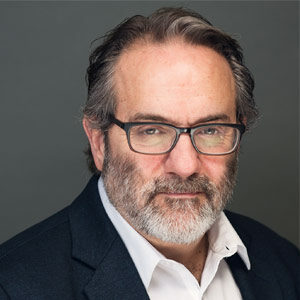


Embracing the Unknown: Leading and Healing in the Midst of Uncertainty
Embracing the Unknown: Leading and Healing in the Midst of Uncertainty
Information
Date & Time
-
-
Learning Objectives
Participants will be able to:
-
Describe how tolerating uncertainty in clinical and leadership roles creates the conditions for trust, discovery, and innovation.
-
Identify at least two strategies for balancing openness and flexibility with the structure and containment necessary for safety and predictability.
-
Recognize the risks of over-directing, over-interpreting, or over-structuring in ways that can undermine patient, client, or team growth.
Educational Goal
Description
In clinical work and leadership, uncertainty is not a problem to solve—it is a space to inhabit. Whether in the therapy room or in guiding teams, our impulse to seek quick answers can limit the deeper truths that only emerge over time. This session explores how clinicians and clinical leaders can embrace uncertainty as fertile ground for discovery, innovation, and growth—while still providing the structure and containment necessary for safety and trust. Drawing on principles from Bion, Winnicott, and contemporary relational theory, we will examine the discipline of holding space without rushing to fix, the dangers of “therapeutic zeal,” and the paradox of how structured openness fosters both creativity and meaningful change.
Target Audience
- Addiction Professional
- Counselor
- Marriage & Family Therapist
- Psychologist
- Social Worker
Presenters


Financially Sponsored By
- Lindner Center of Hope
- Ellenhorn